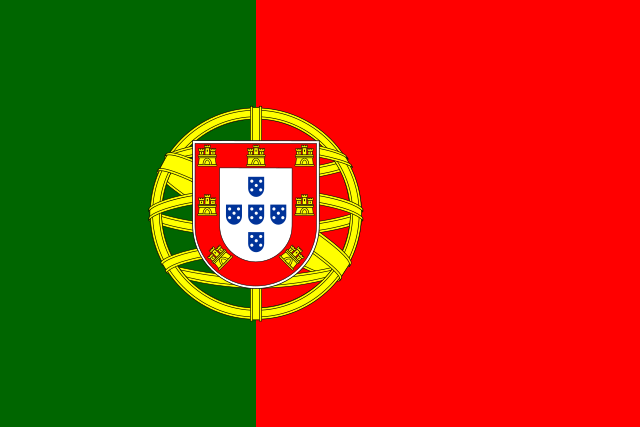Portugal wants maximum EU support possible for recognition of Palestine

Lisbon: Portugal’s government remains committed to recognising Palestine as a state but is seeking the broadest possible consensus among EU members, according to sources in the Portuguese Foreign Ministry.
“It’s just a question of the moment,” a source from Portugal’s foreign ministry told Euractiv’s partner Lusa on Wednesday, pointing out that Lisbon has a mediating position in the EU on the issue and is, therefore “in consultations with various states to reach the greatest consensus and bring the greatest number of countries to the solution” of two states: Israel and Palestine.
The ministry source also stressed that the government’s position has already been expressed on several occasions by the head of Portuguese diplomacy, Paulo Rangel, and follows the line of the previous executive.
In an interview with the Spanish newspaper El Pais on 12 May, Rangel said the Portuguese government would not now join Spain in recognising the sovereignty of Palestinian statehood, explaining that it was waiting for “the most opportune moment to take that step”.
Although he acknowledged that Portugal’s position is similar to Spain’s, he stressed that it is not “the same” because “there is a time difference”.
At the end of 2023, former foreign minister João Gomes Cravinho told Lusa that Portugal’s recognition of Palestine as a state “is something that should happen” but in coordination with “some close partners” and at a “moment with consequences for peace”.
On the same occasion, the former minister said that “there would be no collective recognition” by the EU since “different countries have different positions.”
Spain, Ireland and Norway have announced their decision to recognise the independence of Palestine as of 28 May.
Meanwhile, Slovenia has announced that it will join the recognition of the Palestinian state “in the coming days”, according to Prime Minister Robert Golob, who said he would meet his counterparts from the bloc’s countries that have not yet recognised Palestine.
In March, Slovenia declared its readiness to recognise Palestine in a joint statement with Spain, Malta and Ireland at a European Council meeting in Brussels.
The joint initiative of Spain, Ireland and Norway was welcomed by Palestinian leaders and criticised by the Israeli government, which recalled its ambassadors to the three countries.
The recognition comes as an increasing number of European leaders and officials have said they would support a two-state solution in the Middle East following Hamas’ attack on Israel in October and Israel’s retaliation against Gaza.
Some also view recognition as a political tool to pressure Israel into accepting a two-state solution despite the Netanyahu government’s hostility to the idea.
“Recognition is a tangible step towards a viable political track leading to Palestinian self-determination,” Hugh Lovatt, senior policy fellow at the European Council on Foreign Relations (ECFR), told Euractiv.
Lovatt said this step would be a prerequisite for securing Arab engagement in support of a sustainable ceasefire in Gaza.
“As part of their ‘Arab Vision’ plan to implement a two-state solution, states such as Saudi Arabia have called for US and European recognition of Palestine,” he added.





